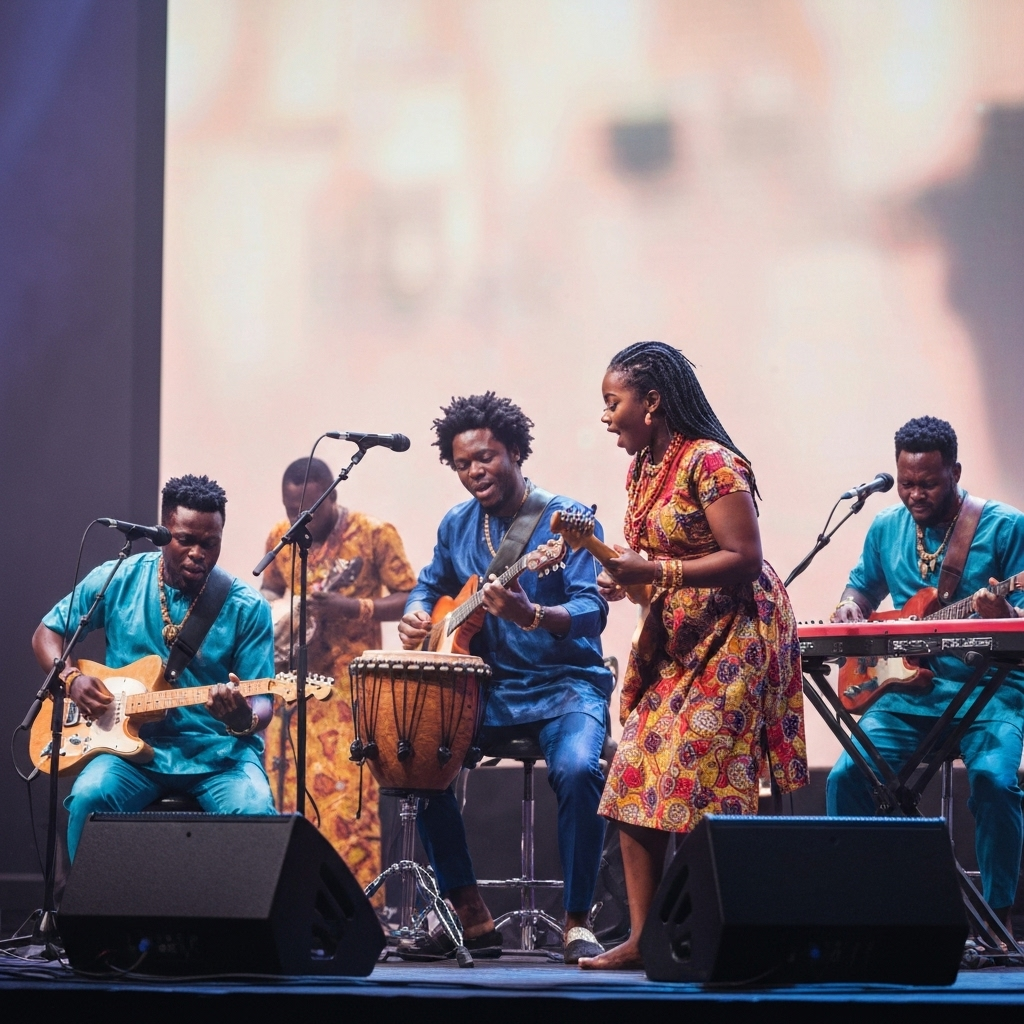The Sacred Art of Igbo Naming Traditions
In Igbo culture, the naming of a child is far more than a simple identification process—it is a sacred ritual that connects the newborn to their ancestors, community, and destiny. The traditional Igbo naming ceremony, known as "Igu Aha," is a celebration that typically occurs eight days after birth, marking the child's formal introduction to the community.
The Spiritual Significance
Igbo names are believed to carry spiritual power and influence the child's life path. Parents often consult with elders, diviners, or spiritual leaders to ensure the chosen name aligns with the child's destiny and the family's aspirations. Names like "Chukwuemeka" (God has done well) or "Adaeze" (daughter of the king) reflect deep spiritual beliefs and cultural values.
The Ceremony Process
The naming ceremony is a community affair, bringing together extended family, friends, and neighbors. Traditional elements include the presentation of kola nut, palm wine libation, and prayers to the ancestors. The child is blessed with various symbolic items representing prosperity, wisdom, and protection.
Modern Adaptations
While maintaining core traditions, contemporary Igbo families have adapted naming ceremonies to fit modern lifestyles. Many now combine traditional rituals with contemporary celebrations, ensuring cultural continuity while embracing change.

